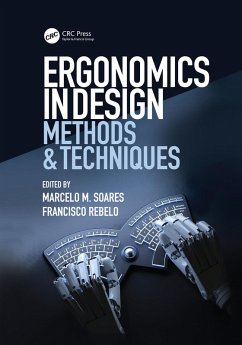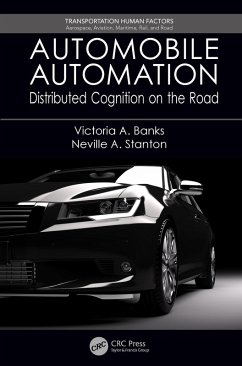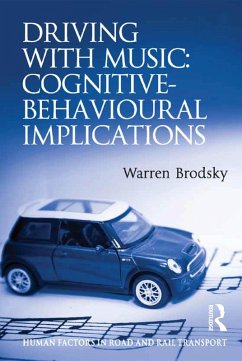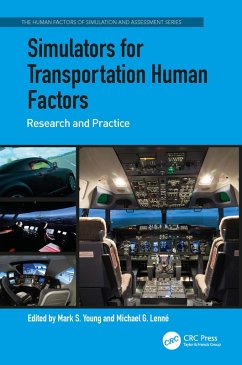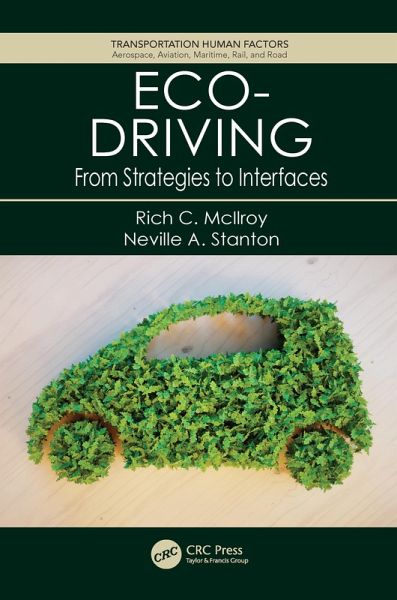
Eco-Driving (eBook, ePUB)
From Strategies to Interfaces
Versandkostenfrei!
Sofort per Download lieferbar
113,95 €
inkl. MwSt.
Weitere Ausgaben:

PAYBACK Punkte
57 °P sammeln!
Eco-driving has the potential to save fuel and reduce emissions without having to make any changes to vehicles or road infrastructure. This book provides an in-depth understanding of the contemporary issues in the human factors aspects of eco-driving strategies and interfaces and the effects on driver behaviour. A review of the literature concerning design, behaviour, and energy use led to an exploration of Ecological Interface Design, and the Skills, Rules, and Knowledge (SRK) taxonomy of human behaviour, particularly with regard to haptic information presented through the accelerator pedal. ...
Eco-driving has the potential to save fuel and reduce emissions without having to make any changes to vehicles or road infrastructure. This book provides an in-depth understanding of the contemporary issues in the human factors aspects of eco-driving strategies and interfaces and the effects on driver behaviour. A review of the literature concerning design, behaviour, and energy use led to an exploration of Ecological Interface Design, and the Skills, Rules, and Knowledge (SRK) taxonomy of human behaviour, particularly with regard to haptic information presented through the accelerator pedal. This book explains that eco-driving can be performed by anyone in control of a vehicle.
Dieser Download kann aus rechtlichen Gründen nur mit Rechnungsadresse in A, B, BG, CY, CZ, D, DK, EW, E, FIN, F, GR, HR, H, IRL, I, LT, L, LR, M, NL, PL, P, R, S, SLO, SK ausgeliefert werden.





